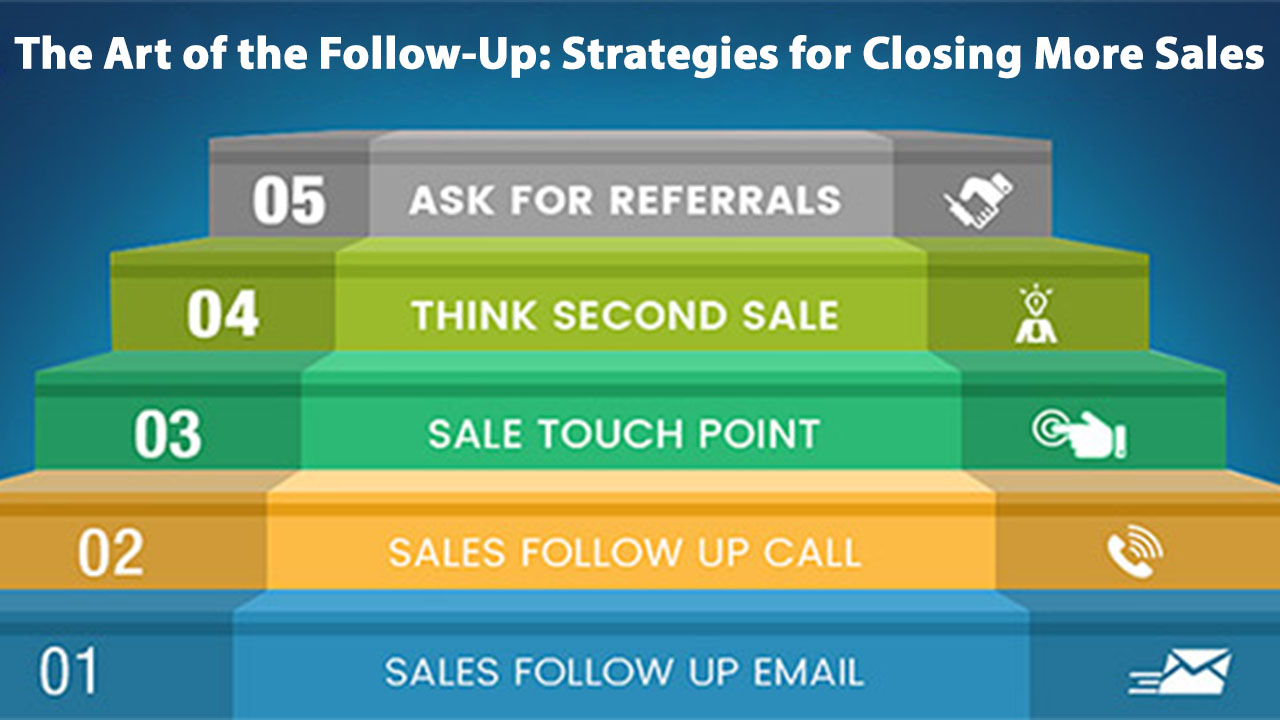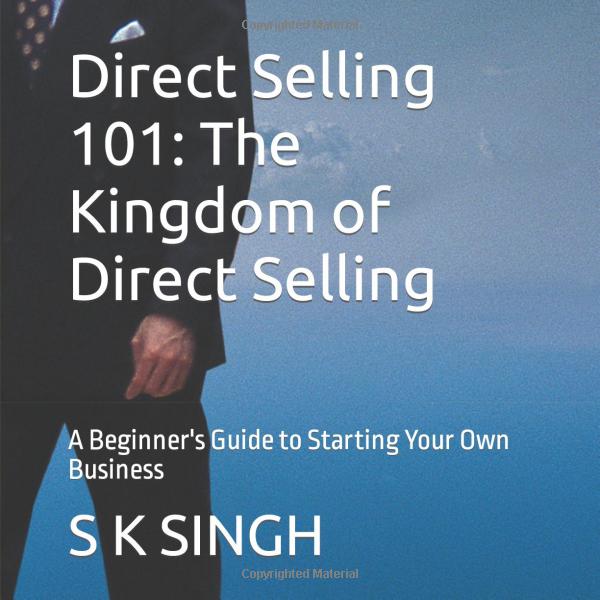The Hidden Shift: Why Top Marketers Are Breaking Free from Traditional MLM

Why Some Multilevel Marketers Are Ditching the MLM Model
The Rise and Fall of MLM: Understanding the Shift
Multilevel marketing (MLM) companies traditionally rely on individuals to sell products and recruit others into the network. While this model has been lucrative for some, data suggests it rarely benefits the majority. According to a study by the Federal Trade Commission (FTC), over 99% of MLM participants lose money. This alarming statistic has raised questions about the sustainability and ethics of the model.
Furthermore, the public’s perception of MLMs has taken a hit, with many associating them with pyramid schemes. The heavy emphasis on recruitment over actual product sales has added to this skepticism, pushing consumers and potential recruits to seek alternative models.
Regulatory Crackdowns and Legal Concerns
Regulators like the FTC have intensified scrutiny of MLMs in recent years. Many companies have been accused of making exaggerated income claims or prioritizing recruitment over sales, practices that blur the line between MLMs and illegal pyramid schemes.
For example, Herbalife faced a $200 million settlement with the FTC in 2016 for misleading participants about potential earnings. These legal pressures have compelled companies to revise their strategies to avoid similar repercussions.
Take a Moment to Watch This Video
Companies Abandoning MLM: Key Examples
Several prominent MLM companies have already pivoted away from the traditional model:
Bodi (formerly Beachbody) - In November 2024, the fitness and nutrition company transitioned to an affiliate marketing model, eliminating recruitment-based commissions. This shift simplified its structure, allowing sellers to focus solely on product sales.
Rodan + Fields - The skincare company adjusted its compensation structure, removing recruitment-based incentives.
Seint - Although specifics are less publicized, Seint is another MLM brand reportedly moving away from the traditional MLM framework.
Consumer Behavior and Market Dynamics
Modern consumers are driving significant changes in the sales landscape. With the rise of e-commerce platforms and direct-to-consumer (DTC) models, buying preferences have shifted. Consumers now prioritize convenience, transparency, and competitive pricing, all of which are often at odds with MLM’s complex structures.
Additionally, social media and influencer marketing have provided more straightforward alternatives for product promotion. Brands like Glossier and Warby Parker have leveraged these tools to create successful DTC models without relying on MLM frameworks.
Challenges in Moving Away from MLM
While abandoning MLM might seem like a step forward, it comes with its own set of challenges:
Increased Competition: Companies moving to affiliate or DTC models now compete directly with established retail and e-commerce giants like Amazon.
Pricing Adjustments: Traditional MLMs rely on significant markups to fund their hierarchical commission structures. Moving away from MLM often requires a reevaluation of pricing to remain competitive.
Rebuilding Trust: Years of negative press around MLMs mean that companies need to work harder to regain consumer trust.
Looking Ahead: The Future of Direct Selling
The transition away from MLM is a reflection of the broader evolution of business practices. Companies embracing affiliate models or DTC strategies are better aligned with current consumer expectations, emphasizing transparency, product value, and streamlined sales processes.
While the MLM model isn’t disappearing entirely, its decline signals a need for innovation and ethical rebranding in the direct selling industry. Companies that adapt to these changes stand a better chance of thriving in a competitive market.
Take a Moment to Listen to This Podcast
Conclusion
The abandonment of MLM by some companies highlights a significant shift in the business landscape. With increased regulatory scrutiny, evolving consumer behaviors, and a focus on transparency, the future of direct selling will likely favor simpler, more consumer-centric models. As these changes unfold, businesses must prioritize trust, innovation, and adaptability to succeed.







